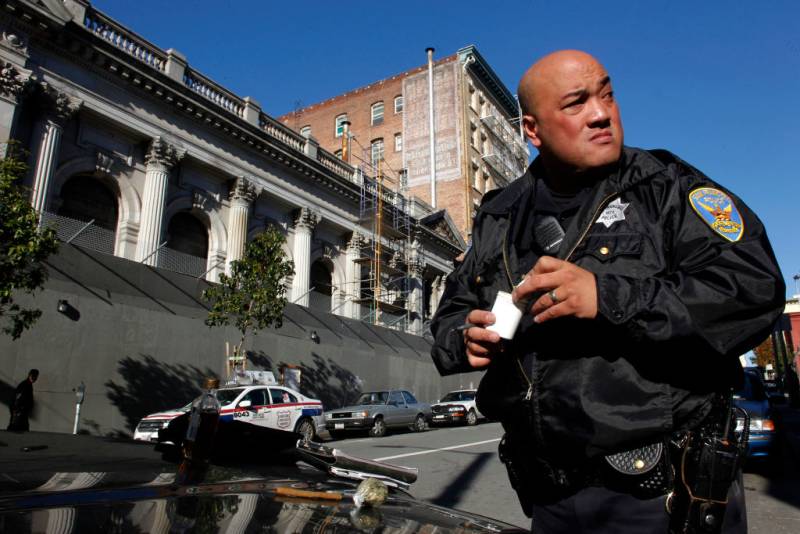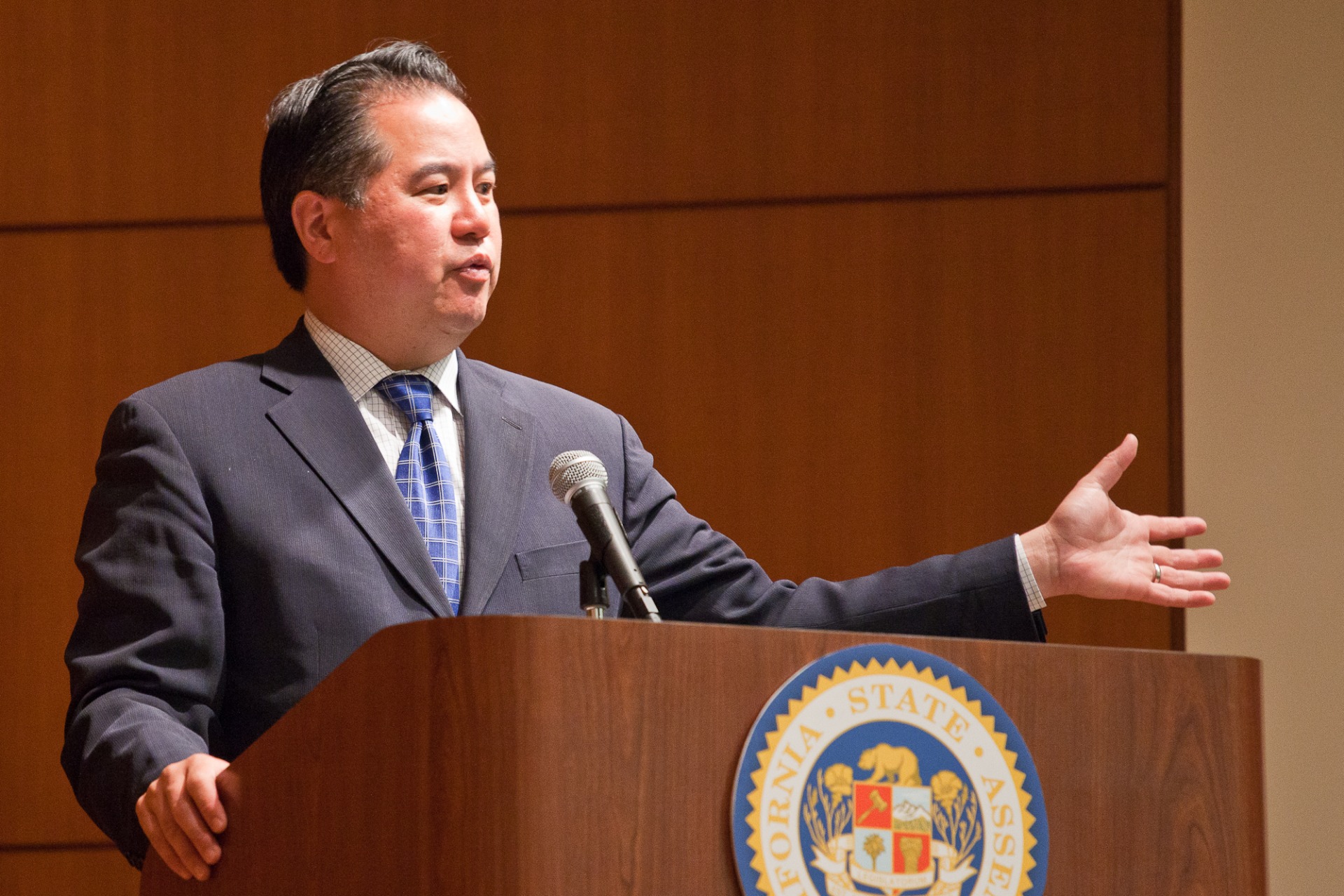This story contains a correction.
More than 11 million arrest and conviction records have been wiped clean in the first six months of the implementation of a new California law, marking the largest expungement over that time period in the country’s history.
The mass expungement follows the years-long effort by lawmakers and voters dating back to 2016 — when marijuana was legalized in the state — to clear certain criminal records and open up employment and housing opportunities for Californians.
“After someone has completed their sentence and paid their debts, we cannot continue to allow old legal records to create barriers to opportunity that destabilize families, undermine our economy, and worsen racial injustices,” Assemblymember Phil Ting (D-San Francisco) said in a press statement.
Ting authored AB 1076, a 2019 law which requires the state’s Dept. of Justice to review and automatically clear certain non-serious offense records for people who already completed their sentence or diversion program, or if their arrest did not lead to a conviction.
Expungements of records under the law began a year ago. Between July 1 and Dec. 31, 2022, more than 8.4 million arrests that never resulted in a conviction were cleared from Californians’ records, according to the latest relief data from the DOJ (PDF). More than 2.6 million conviction records were also expunged during the same time period.
“We have over 58 million records that represent 6 to 7 million people in California that just weren’t getting their records expunged,” Jay Jordan, CEO of the Alliance for Safety and Justice, a public safety advocacy organization, told KQED. “As a result, they couldn’t find good-paying jobs, they couldn’t get apartments, and they couldn’t do things like coach their kid’s Little League teams.”


